The Rise of AI and the Future of Work
In recent years the rise of AI, artificial intelligence (AI) has sparked both excitement and concern across various industries. As AI technologies advance, the implications for the workforce are profound, touching on everything from job displacement to the creation of entirely new fields. One such discussion, captured vividly in a video by Dr. Kai-Fu Lee, a renowned AI expert and former president of Google China, delves into these critical issues. In this article, we’ll explore the insights shared in Dr. Lee’s presentation, dissecting the key points on how AI is reshaping the job market and what this means for the future of work.
The Current Landscape of AI
Advancements in Machine Learning
Machine learning (ML) has been at the heart of AI’s evolution, enabling computers to learn from data and make decisions without explicit programming. As ML algorithms become more sophisticated, their applications across industries have expanded exponentially. From predictive analytics in finance to personalized recommendations in e-commerce, machine learning is transforming how businesses operate.
Natural Language Processing Breakthroughs
Natural Language Processing (NLP) is another area where AI has made significant strides. NLP technology powers applications like chatbots, virtual assistants, and automated content creation, all of which are becoming increasingly prevalent in customer service and beyond. According to a recent report, the NLP market is expected to grow from $11.6 billion in 2020 to $35.1 billion by 2026, reflecting its growing importance.
The Rise of Robotics
Robotics, once a niche field, has seen rapid advancements thanks to AI. Autonomous robots are now being deployed in industries ranging from manufacturing to healthcare, performing tasks with precision and efficiency. The integration of AI in robotics not only enhances their capabilities but also paves the way for their broader adoption in everyday life.
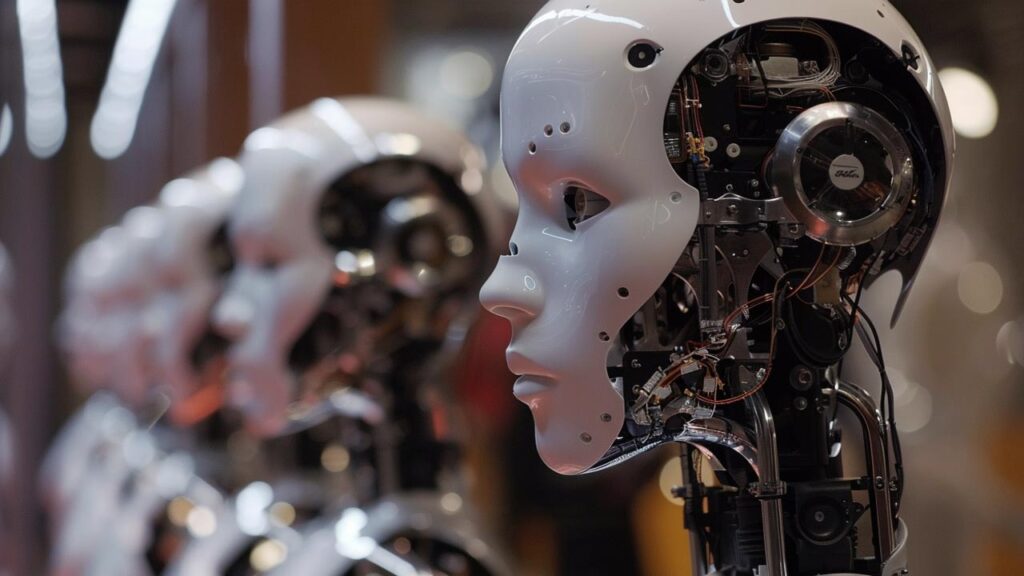
AI’s Impact on Employment
Automation in Manufacturing
Manufacturing has been one of the sectors most affected by AI-driven automation. Robots and AI-powered systems are increasingly taking over tasks that were once performed by humans. While this leads to increased efficiency and reduced costs, it also raises concerns about job displacement. A study by McKinsey estimates that by 2030, up to 20 million manufacturing jobs worldwide could be lost to automation.
AI in Healthcare
In healthcare, the rise of AI is revolutionizing how diagnoses are made and treatments are administered. AI algorithms can analyze vast amounts of medical data to identify patterns and predict patient outcomes. This not only improves the accuracy of diagnoses but also allows for more personalized treatment plans. However, the rise of AI in healthcare also poses challenges, such as the need for healthcare professionals to develop new skills to work alongside AI technologies.
Service Industry Disruptions
The service industry is also experiencing significant changes due to AI. From automated customer service agents to AI-driven marketing tools, the integration of AI is reshaping how services are delivered. This has led to the creation of new roles focused on managing and optimizing AI systems, but it has also resulted in the displacement of traditional service jobs.
Opportunities and Challenges
Innovation and Economic Growth
AI offers unprecedented opportunities for innovation and economic growth. By automating routine tasks, businesses can focus on more strategic activities, leading to increased productivity and profitability. AI is also driving the development of new products and services, particularly in tech-driven industries like fintech and healthtech.
The Skills Gap
Despite the opportunities, the rise of AI also exacerbates the skills gap in the workforce. Many traditional jobs are being automated, while new roles require advanced technical skills that are in short supply. According to the World Economic Forum, by 2025, 50% of all employees will need reskilling due to the adoption of new technologies.
Policy and Ethical Considerations
The rapid advancement of AI raises important ethical and policy questions. How can we ensure that the benefits of AI are distributed equitably? What regulations are needed to protect workers’ rights in an increasingly automated world? These are critical issues that policymakers must address to navigate the challenges posed by AI.
Preparing for the Future
Upskilling and Reskilling
To thrive in an AI-driven world, individuals and organizations must prioritize upskilling and reskilling. This involves continuous learning and adapting to new technologies. Governments and educational institutions also have a role to play in providing access to training programs that prepare the workforce for the jobs of the future.
Adapting Organizational Strategies
Organizations must adapt their strategies to leverage AI effectively. This includes investing in AI technologies, fostering a culture of innovation, and developing a workforce that can work alongside AI systems. Companies that successfully integrate AI into their operations are likely to gain a competitive edge in the marketplace.
Final Thoughts
The most important takeaway from this exploration of AI and the future of work is the dual nature of AI’s impact. While AI offers immense opportunities for innovation and economic growth, it also presents significant challenges, particularly in terms of job displacement and the skills gap. The key to navigating this transition lies in proactive adaptation—both at the individual and organizational levels. By embracing continuous learning and innovation, we can harness the potential of AI while mitigating its risks.

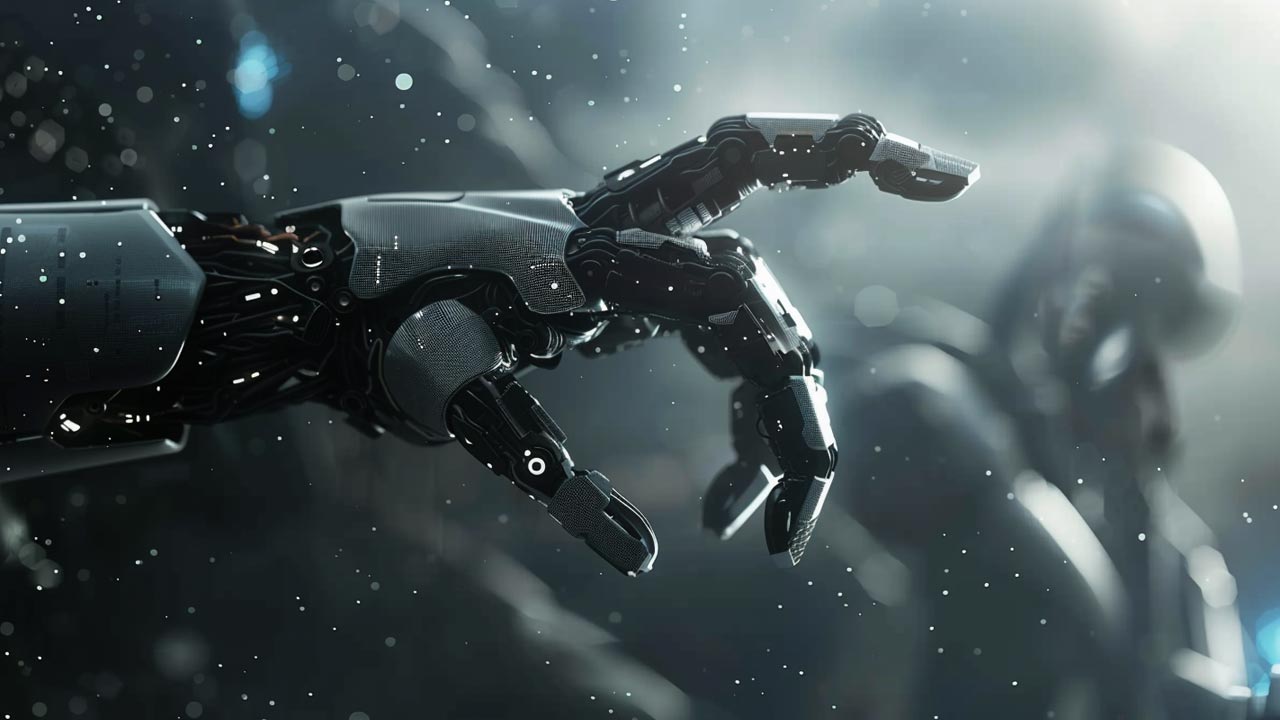
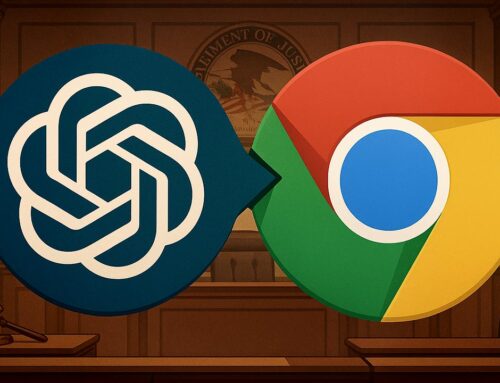

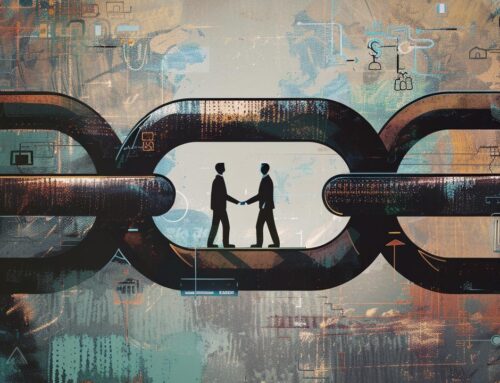

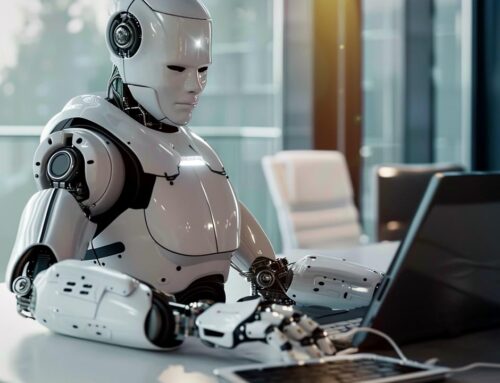


Leave A Comment